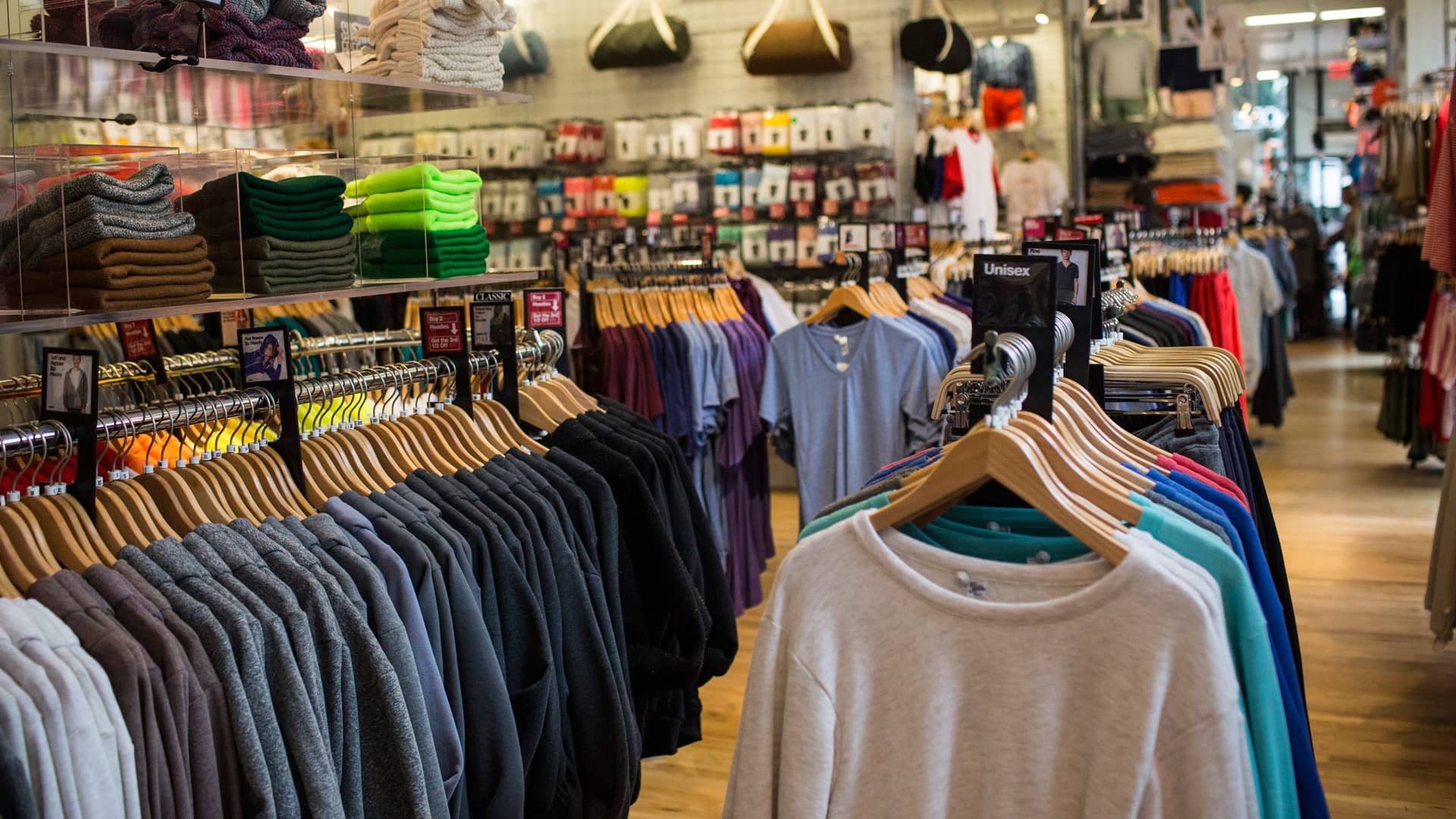
Global inflation hits apparel exports
Staff Correspondent ||
2022-05-22 23:11:02

Bangladeshi apparel exporters are feeling the effects of rising global inflation caused by crises like the ongoing Russia-Ukraine conflict.
On top of that, the emergence of monkeypox, a rare viral infection, has heightened concerns among local readymade garment (RMG) suppliers.
With infections being confirmed in nine European countries, as well as the US, Canada, and Australia, a global outbreak would result in the suspension of exports.
Industry insiders say global buyers have already started to reduce work orders and even request deferments for ongoing orders.
They are concerned that this crisis will have a long-term impact on the apparel industry, and that exports will plummet dramatically in the event of an outbreak of monkeypox.
“Most of the ongoing orders are going well, but the global inflation will affect the industry in the long term. Already we are seeing a drop in new orders,” Fazlee Shamim Ehsan, chief executive officer of Fatullah Apparels, told The Business Post.
He added that inflation is rising sharply around the world, which could affect the demand for clothes and people’s purchasing power in the international market.
The Russia-Ukraine war has led to hikes in prices of food, and fuel oil, as well as to fears of a recession in some parts of the world, including Europe, the US and the UK.
US inflation dipped slightly to 8.3 per cent in April but stayed close to March’s 40-year high of 8.5 per cent.
Over the year, the CPI’s food index increased 9.4 per cent, the largest 12-month increase since April 1981.
EU inflation, already at its highest in more than two decades, is expected to average close to 10 per cent in the event of a Russian gas ban, according to the European Commission (EC).
The EC now expects real GDP growth for 2022 in both the EU and the euro area to be 2.7 per cent in the 19-nation euro area and the broader 27-country EU – down from a forecast of 4 per cent three months ago.
Harmonised Index of Consumer Prices (HICP) inflation is now expected to average an all-time high of 6.8 per cent in 2022, before declining to 3.2 per cent in 2023. In the euro area, inflation is projected at 6.1 per cent in 2022 and 2.7 per cent in 2023. This compares with 3.5 per cent and 1.7 per cent, respectively, in the winter 2022 interim forecast (WiF).
EC claimed that energy commodity prices had already increased substantially before Russia’s invasion, from the lows achieved during the pandemic. In Europe, in particular, gas and electricity have been trading at record prices since autumn last year.
It is further hit after the war because Russia is a major exporter of fossil fuels, and uncertainty about supply in the aftermath of the war has brought renewed upward pressures on energy commodity prices, amidst heightened volatility, according to the EC.
“Russia’s invasion of Ukraine has posed new challenges, just as the Union has recovered from the economic impacts of the pandemic,” the EC said in a statement.
The EU and US are key markets for the apparel sector and account for around 71 per cent of export destinations in this region.
Besides the UK, one of the countries in the European region holds around 11 per cent of Bangladesh’s apparel export share, and it is also struggling with the high inflation and Monkeypox.
The UK Consumer Prices Index including owner occupiers’ housing costs (CPIH) rose by 7.8 per cent in the 12 months to April 2022, up from 6.2 per cent in March. This is the highest recorded 12-month inflation rate in the National Statistics series.
Mohammad Hatem, executive president of the Bangladesh Knitwear Manufacturers and Exporters Association (BKMEA), told The Business Post that he has 500,000 t-shirts in production but that his buyers have asked him to slow down.
“We are in the midst of a new crisis on top of the high raw material prices and economic impacts of the pandemic. At the same time, the government plans to raise electricity and gas prices, which, if implemented, will make it impossible for us to stay in business,” he added.
Also speaking on the matter, Khosru Chowdhury, managing director of Nipa Group, said, “Buyers are placing fewer orders from early May. If we do not have enough orders, it would be difficult for us to survive while we have to increase workers’ salaries due to local inflation.”
Meanwhile, Shahidul Haque Mukul, managing director of Adams Apparels, said, “We will get a clear picture of monkeypox after June because if it stops spreading, Europe will be able to recover their economy.”
“China is executing a zero Covid policy, and that is why they are imposing strict lockdowns where infected people are detected. It could be our big break because most of their buyers will come to Bangladesh,” Mukul told The Business Post.
Editor & Publisher: S. M. Mesbah Uddin
Published by the Editor from House-45,
Road-3, Section-12, Pallabi, Mirpur
Dhaka-1216, Bangladesh
Call: +01713180024 & 0167 538 3357
News & Commercial Office :
Phone: 096 9612 7234 & 096 1175 5298
e-mail: financialpostbd@gmail.com
HAC & Marketing (Advertisement)
Call: 01616 521 297
e-mail: tdfpad@gmail.com